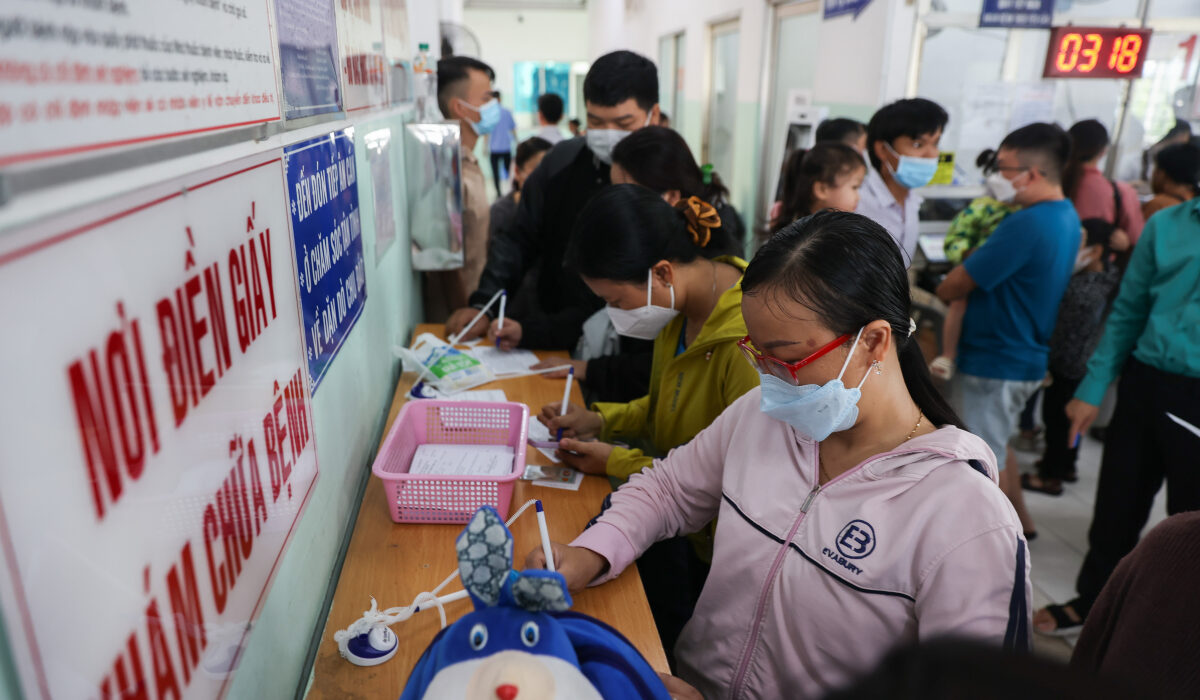In the bustling halls of Viet Duc Hospital, 65-year-old Mr. Thanh stepped into the private clinic with a mix of surprise and gratitude. It was a moment of firsts for him – the first time he had the privilege of choosing the best doctor and the first time his healthcare expenses were shared by the Health Insurance Fund. This scenario exemplifies a significant trend in the healthcare landscape of Vietnam, where individuals like Mr. Thanh are experiencing a new level of access and quality in medical services.
The integration of private healthcare services into the realm of insurance coverage marks a notable shift in the traditional healthcare paradigm. Previously, private clinics and hospitals were often seen as exclusive domains accessible only to those with financial means. However, with the evolving policies and initiatives of the Health Insurance Fund, individuals from diverse socio-economic backgrounds now have the opportunity to benefit from a wider range of medical services.
This transformation not only enhances the overall healthcare experience for patients but also elevates the standards of medical practice in the country. By enabling individuals to seek care from top-tier healthcare providers without shouldering the full financial burden, the system encourages a more equitable distribution of resources and expertise in the healthcare sector. As a result, patients like Mr. Thanh can access cutting-edge treatments and personalized care that may have been previously out of reach.
“The integration of private healthcare services into the public insurance framework represents a significant step towards democratizing healthcare access,”
remarks Dr. Nguyen, a healthcare policy expert.
“It not only promotes a more patient-centric approach but also drives competition and innovation within the healthcare industry.”
Moreover, the inclusion of private healthcare services under insurance coverage has broader implications for the healthcare ecosystem as a whole. It fosters a symbiotic relationship between public and private healthcare providers, fostering collaboration and knowledge exchange. This synergy contributes to the overall growth and development of the healthcare sector, ultimately benefiting the population at large.
As the landscape of healthcare continues to evolve, this shift towards inclusive coverage for private services sets a precedent for future advancements in the sector. By prioritizing accessibility and quality in healthcare delivery, the system not only meets the immediate needs of patients but also lays the groundwork for a more sustainable and progressive healthcare infrastructure.
In conclusion, the story of Mr. Thanh and his experience at the private clinic within Viet Duc Hospital serves as a microcosm of the larger transformation underway in Vietnam’s healthcare system. It exemplifies a shift towards a more patient-centric, inclusive, and collaborative approach to healthcare delivery. As individuals like Mr. Thanh navigate this new healthcare landscape, they not only receive the care they deserve but also contribute to shaping a brighter and more equitable future for healthcare in the country.

